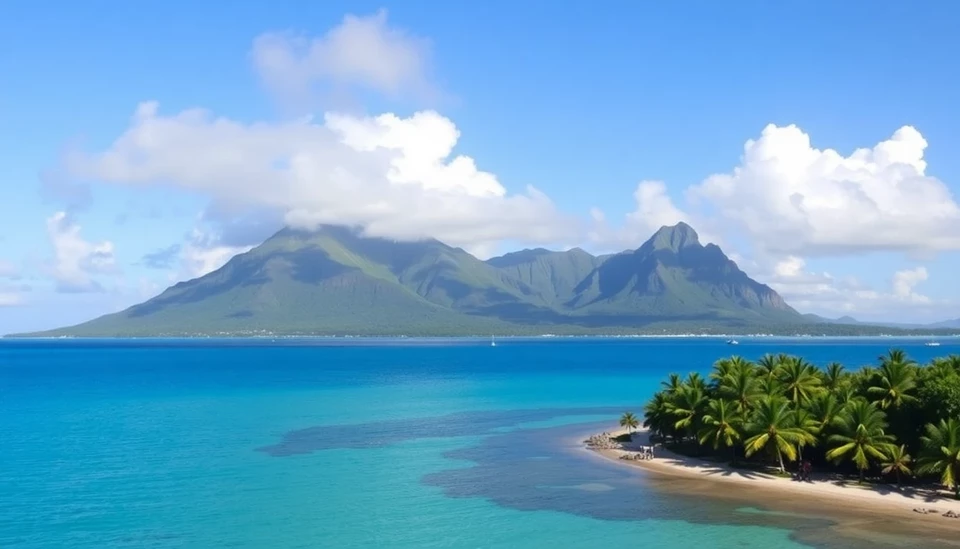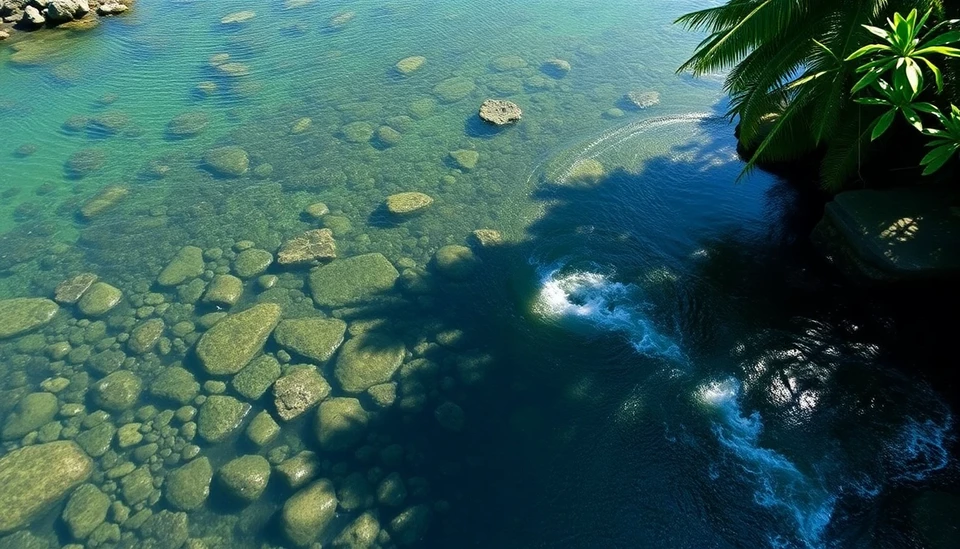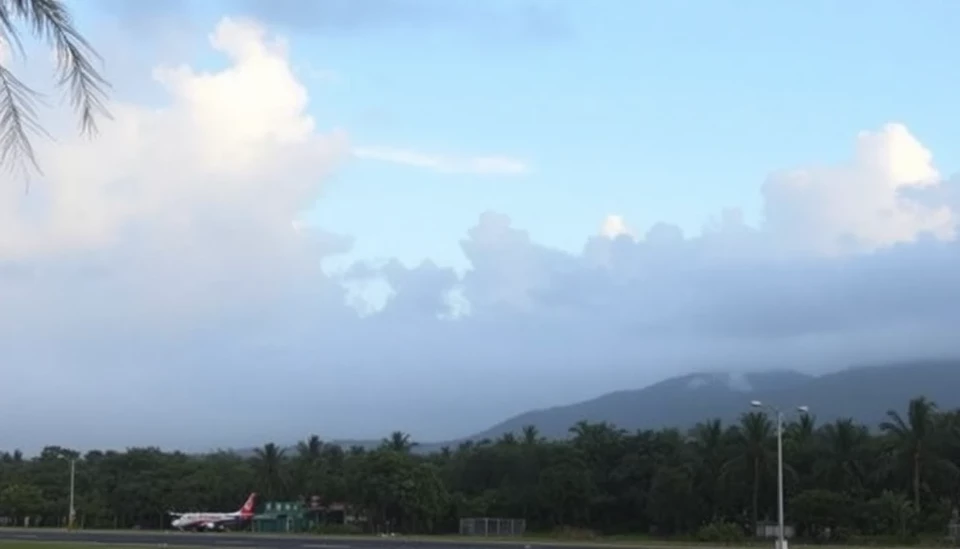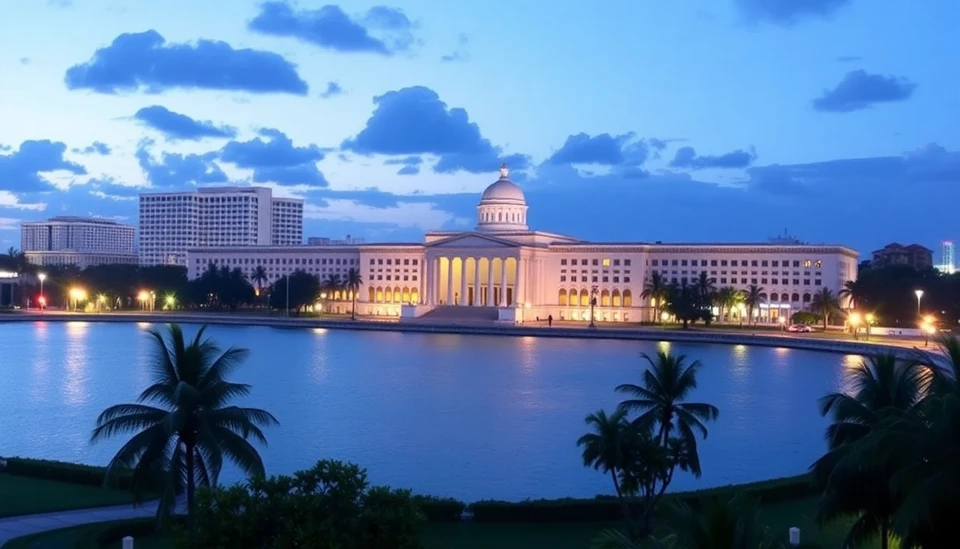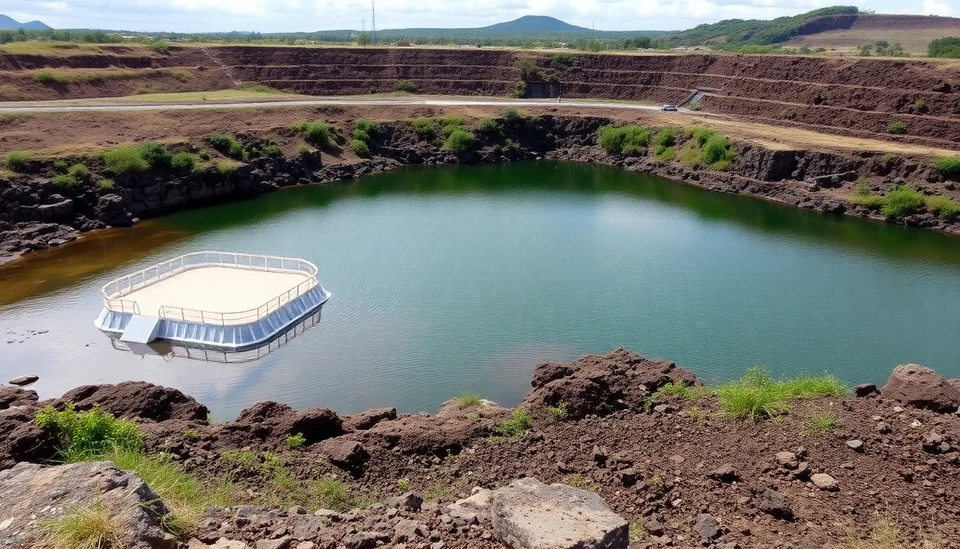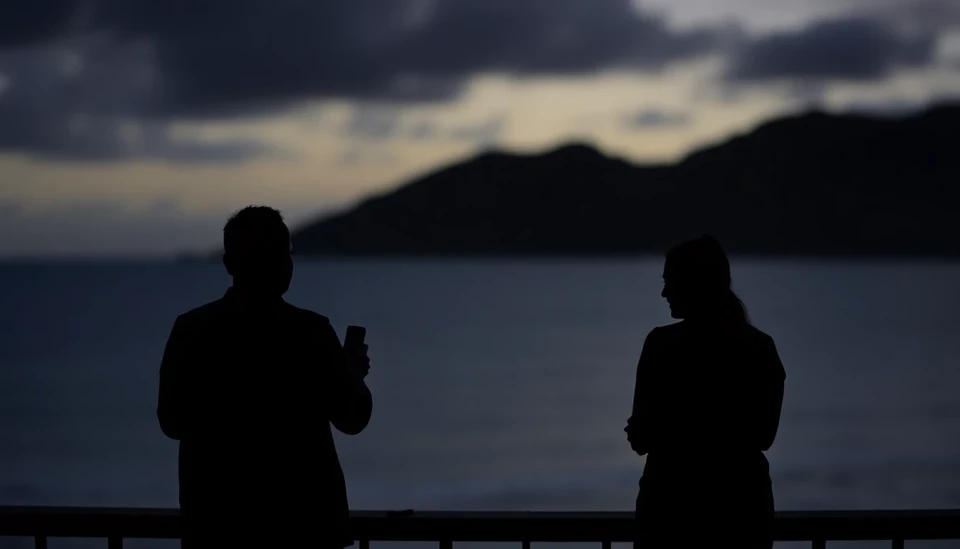
The government of Mauritius has officially decided to lift the suspension of social media platforms, a measure that had been in place for several weeks. This decision follows a comprehensive review of the necessity and implications of the ban, which was initially implemented amid concerns over public safety and misinformation during a period of unrest.
Authorities had imposed the suspension in response to escalating tensions and a series of incidents that raised alarm over potential social discord. The ban affected popular platforms, including Facebook, Twitter, and WhatsApp, restricting residents' access to crucial information and communications tools. The necessity for such drastic measures drew significant criticism from various sectors, including human rights advocates, who noted the impact on freedom of expression and the digital economy.
After an extensive assessment involving multiple stakeholders, the government concluded that the situation had stabilized sufficiently to restore access to these platforms. The newly restored services also come with a promise from the government to monitor and address any potential misuse actively.
In a statement, the Minister of Digital Integration emphasized the importance of fostering an open online environment while simultaneously ensuring safety and security for all citizens. He noted that while the government respects individual rights to share information, there is an ongoing need for vigilance against the spread of harmful content.
The suspension and subsequent lifting has sparked a national dialogue about the balance between security and individual freedoms, echoing broader global discussions about the role of social media in modern society. While many citizens welcomed the restoration of their digital communication channels, others remained wary of government oversight regarding online discourse.
Looking ahead, the Mauritian government has indicated it will work towards establishing clearer guidelines for social media usage, aiming to promote responsible communication while safeguarding national interests. Further discussions will be held to develop strategies that prevent future incidents related to misinformation without infringing on personal freedoms.
This event highlights the ongoing global tension between ensuring national security and protecting civil liberties within the rapidly evolving digital landscape. As the situation in Mauritius serves as a case study, many other nations might observe the outcomes of this balance going forward.
In summary, the lifting of the social media suspension in Mauritius marks a significant milestone in the government's approach to digital communication and public safety. Stakeholders will be watching closely to see how the government implements its plans for future online governance.
#Mauritius #SocialMedia #FreedomOfSpeech #DigitalRights #GovernmentAction #PublicSafety
Author: Samuel Brooks
